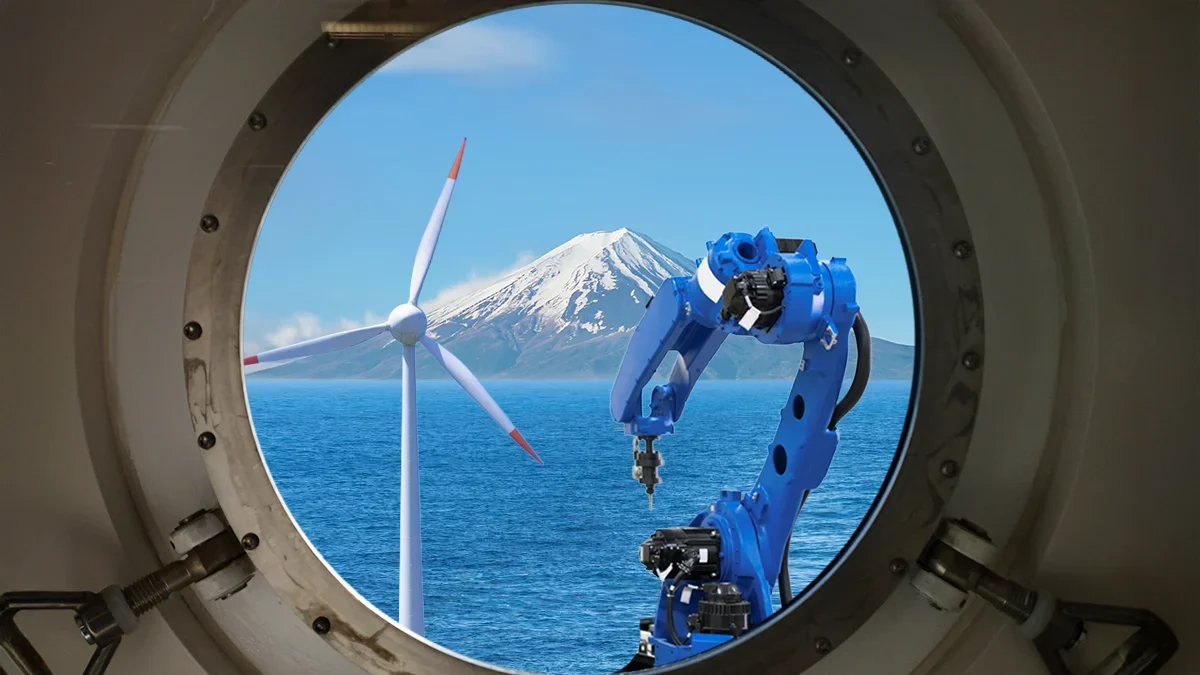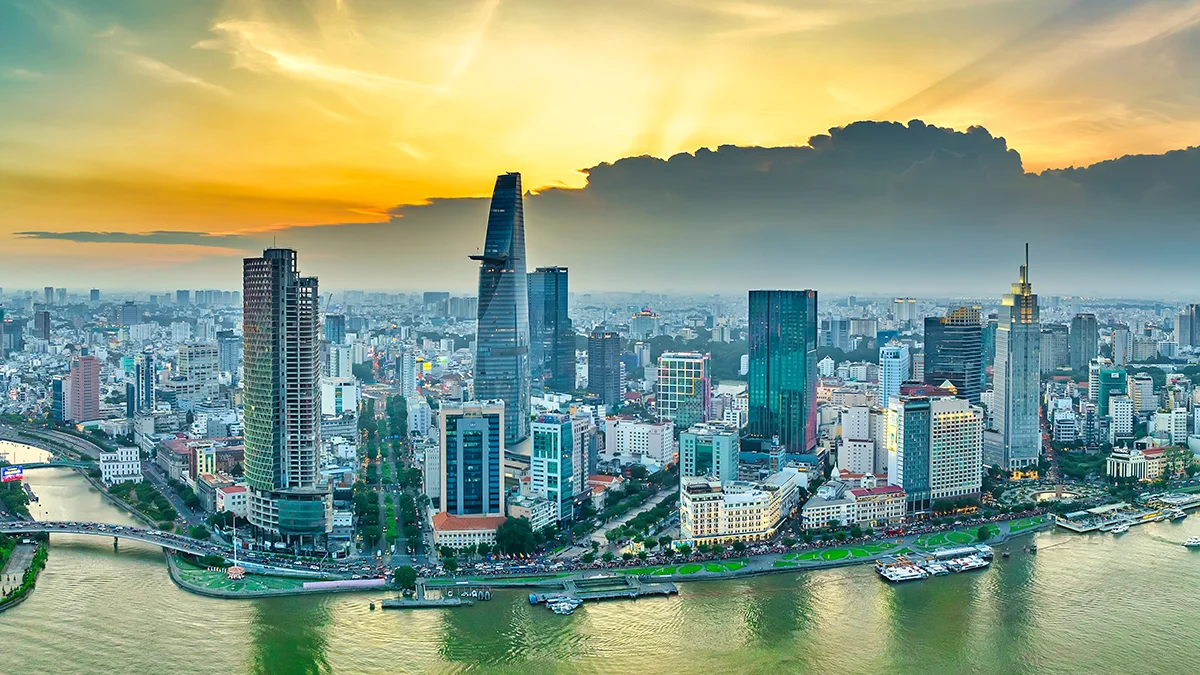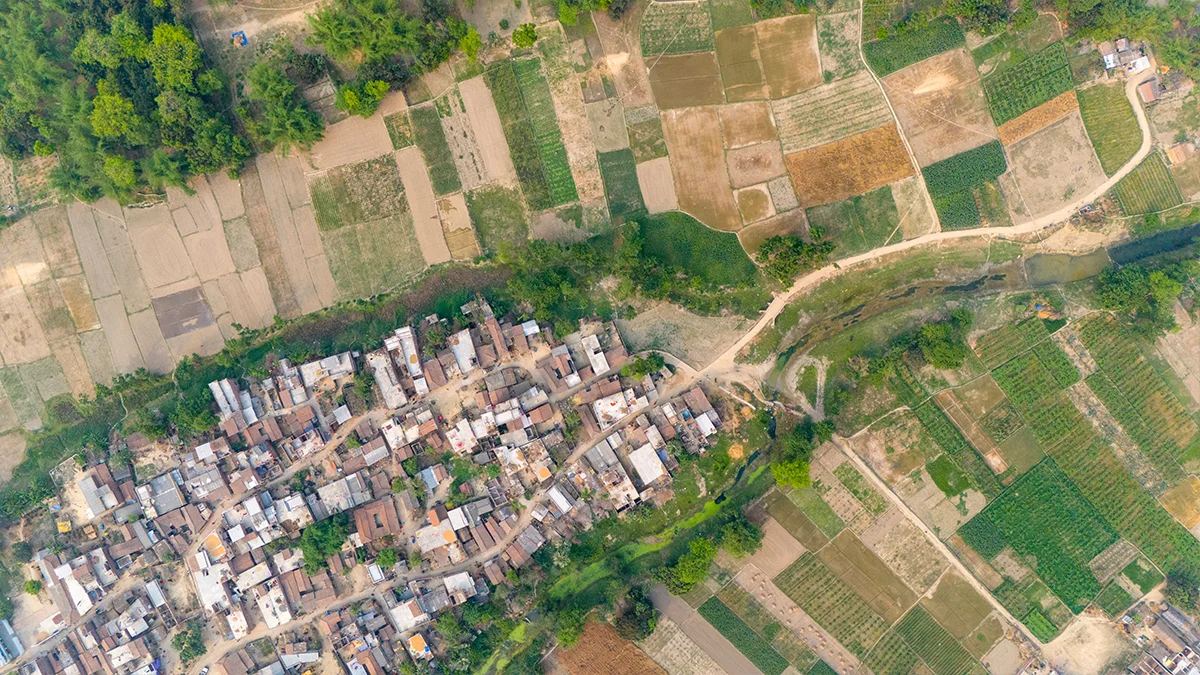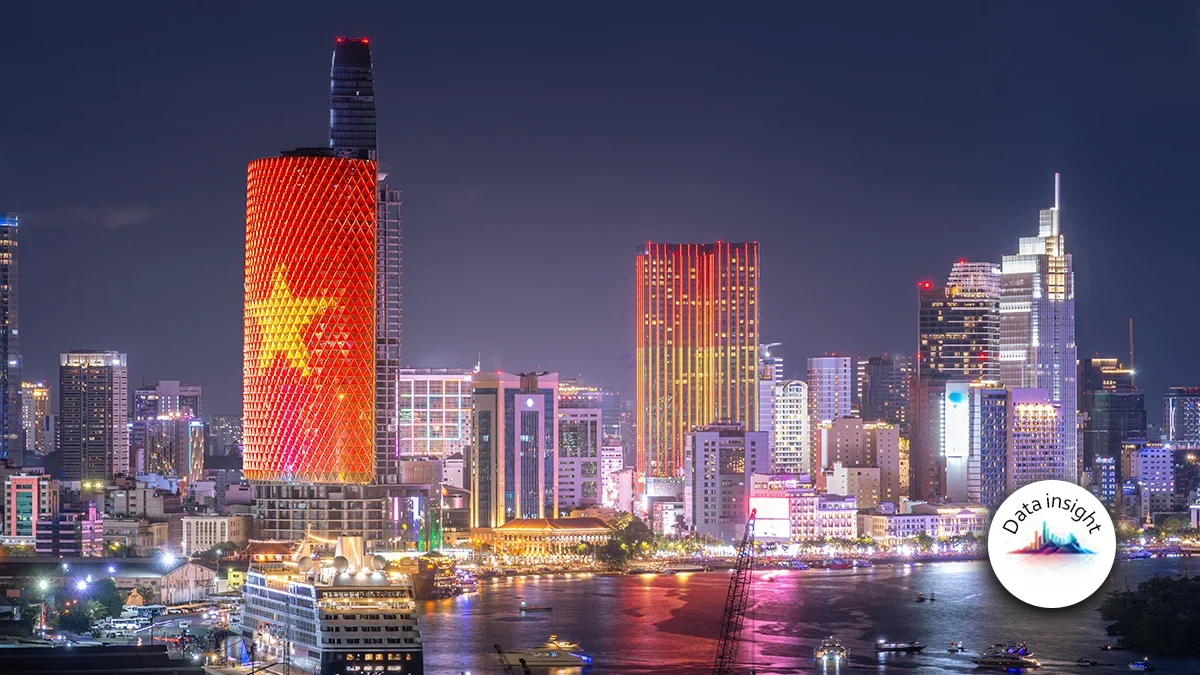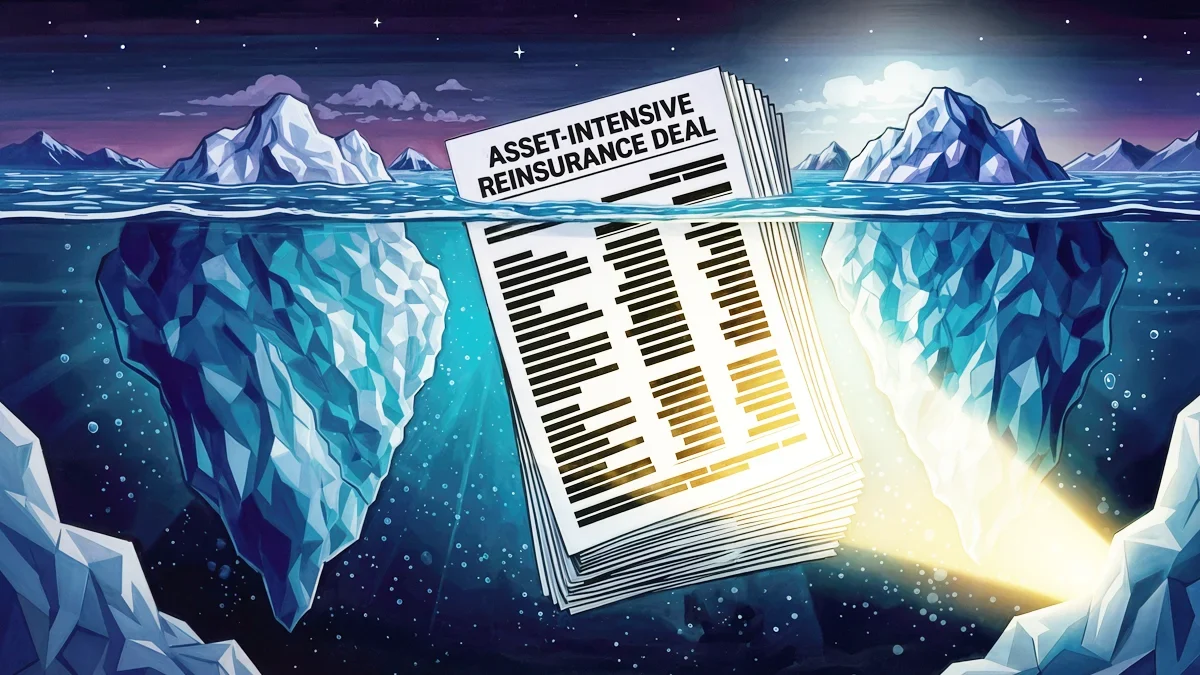(Re)in Summary
• Vietnam, Indonesia, and Malaysia are attracting robust FDIs, boosting exports while diversifying APAC trade beyond China and India.
• Singapore and Hong Kong remain crucial anchors, while Japan’s unwinding of insurer cross-shareholdings could unlock up to US$60bn for reinvestment.
• Offshore wind and solar projects in Japan and South Korea are creating fresh demand for project cargo, subsea equipment, and liability insurance.
• Digitalisation is emerging as the next frontier, with AI, IoT, and smart contracts set to transform underwriting and value-added services across the marine insurance sector.
The Asia-Pacific marine insurance market is entering what many in the industry view as “a truly transformative period” for insurers, fuelled by robust trade growth and new supply hubs that are reshaping risk profiles across Asia-Pacific.
While China and India remain central to the region’s economic expansion, fresh markets are emerging as manufacturing alternatives. Vietnam, in particular, is positioning itself as a credible option for global importers seeking diversification. It attracted US$18.8bn in disbursed foreign direct investment (FDI) in the first nine months of 2025, an 8.5% increase from a year earlier and the strongest nine-month performance in more than ten years.
The manufacturing and processing industry accounted for US$15.56bn, or nearly 83% of total disbursements. Electronics and high-tech production were the main growth engines, led by major expansions from Samsung, LG, and VinFast in the northern parts of the region.
“Vietnam has positioned itself as a genuine alternative to the historical markets,” said Timothy Wills, Head of Marine at Markel Australia. “This allows importers to diversify their reliance on a single market’s output.”
Indonesia and Malaysia are following similar paths. Indonesia, Southeast Asia’s largest economy, drew US$13.67bn in FDI in Q1 2025, with strong growth in smelting, automotive, and consumer goods. Meanwhile, Malaysia saw net FDI inflows rise to US$11bn in 2024, up from US$8.2bn the previous year, with its Penang hub strengthening its role as a global electronics centre.
For marine insurers, this wave of investment translates into more factories, more exports, and greater demand for cargo and liability cover. “These emerging markets offer growth opportunities,” said Ju-ann Lee, Head of Marine at Berkley Asia. “They complement each other and provide the environment for increased trade.” Established centres like Singapore and Hong Kong also play a complementary role. Their deep capital markets and advanced logistics networks anchor risk management while supporting new entrants.

Ju-ann Lee
Head of Marine at Berkley AsiaDecoupling for global growth
Meanwhile, Japan is opening fresh doors for foreign participation.
Over the past year, Japan’s Financial Services Agency and the General Insurance Association of Japan (GIAJ) have stepped up efforts to improve governance and transparency, advising non-life insurers to reduce cross-shareholdings with listed corporates, set clear deadlines for divestment, and avoid any new acquisitions.

Lewis Hart
Head of Marine, Asia at WillisIn response, Japan’s biggest carriers like Tokio Marine, MS&AD, and Sompo Holdings have begun selling billions of dollars in strategic stakes, dismantling long-standing reciprocal arrangements that tied insurers to their corporate clients while also broadening market access for international players. Analysts estimate that up to US$60bn could be released for redeployment, much of which is now channelled into overseas growth, digital transformation, and speciality business lines.
“Japanese corporates are now more open to engaging with international brokers and underwriters, especially those offering differentiated expertise and global capabilities,” says Lewis Hart, Head of Marine, Asia at Willis, a WTW business.
“It’s creating a more level playing field and unlocking opportunities that were previously inaccessible due to entrenched domestic ties,” Hart adds.
At the same time, the clean energy transition is opening a new frontier for marine insurers. Offshore wind projects in Japan and South Korea are advancing rapidly, complemented by large-scale investment in infrastructure. According to the Institute for Energy Economics and Financial Analysis (IEEFA), APAC’s offshore wind sector represents US$621bn in potential investment through 2050, with US$97bn tied to shipbuilding.
“These projects bring demand for project cargo, subsea equipment, and liability insurance, opening doors for insurers with specialist knowledge in complex risks,” said Julia Joes, Head of Marine for Asia at Berkshire Hathaway Speciality Insurance.

Julia Joes
Head of Marine, Asia at BHSI.Tech opportunities abound
Despite its central role in trade, marine insurance has been slower than other industries to embrace digitilisation, with many processes still heavily tied to physical paper documents across much of the shipping process.
For Wills, the lag represents one of the industry’s biggest opportunities. “This could be as far ranging as the automation of ports and vessels or as simple as the introduction of smart contracts to improve the transparency and security of documentation,” Wills explained.
Real-time data and monitoring could also mark an inflexion point. Advanced analytics, AI-driven risk assessments, and IoT-enabled cargo tracking are reshaping both underwriting and claims, allowing insurers to manage accumulation risk and exposures with precision. In addition, client demand is growing for value-added services such as catastrophe modelling, accumulation analysis, and logistics risk evaluation.
“Insurers who combine expertise with value-added services will be best positioned to build lasting relationships,” Joes emphasised.
Backed by new manufacturing hubs, mega-port expansions, renewable energy projects, and digital innovation, the APAC marine insurance market is entering a new phase of growth, and industry leaders say the outlook has never been brighter.
“Regardless of the size or nature of the change, the marine insurance industry has a real opportunity to play a key role in what is a truly transformative period for the global economy, and I couldn’t be more excited,” said Wills.





